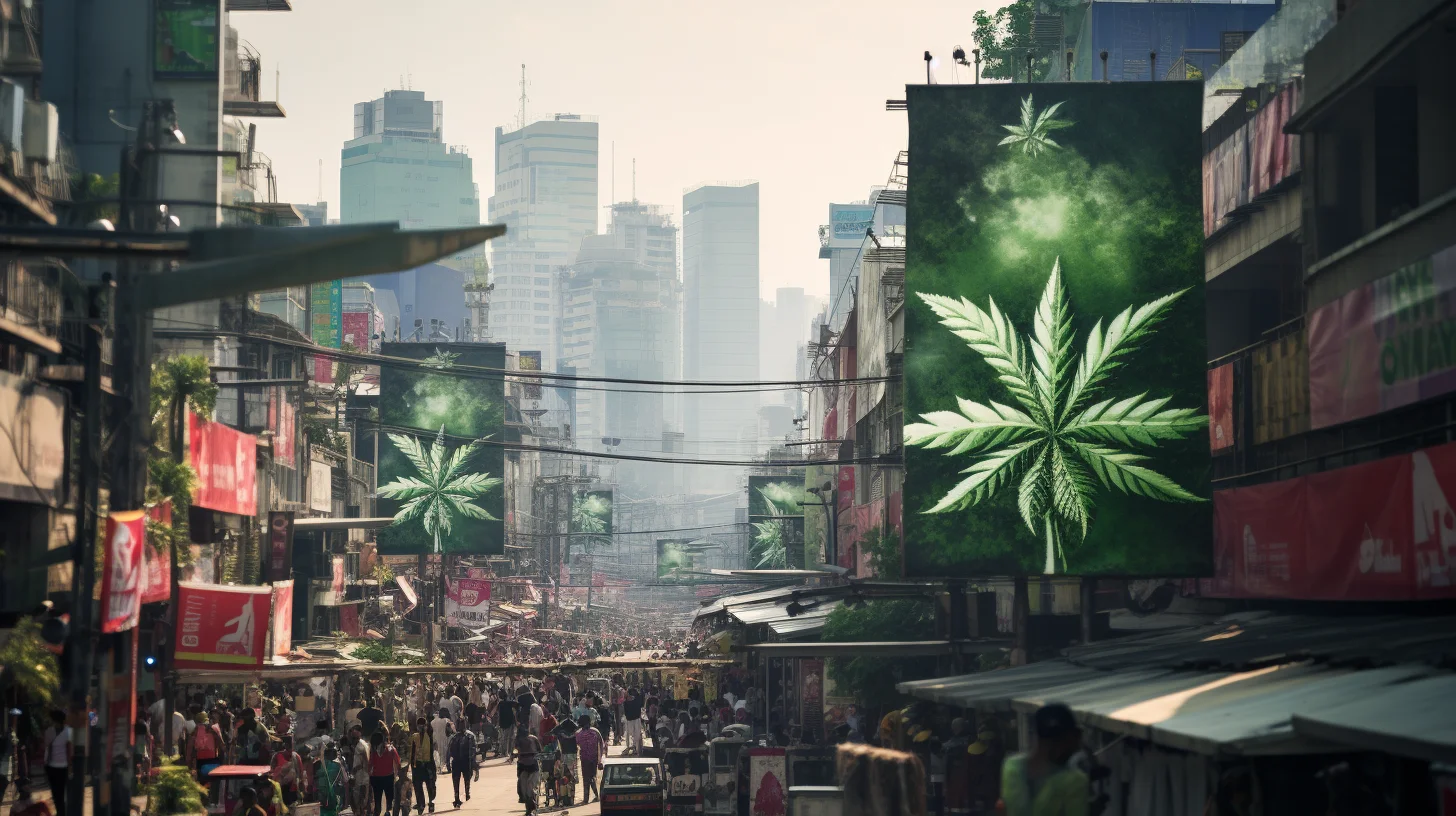Why It Matters: The recent decision by Thailand’s Election Commission (EC) to dismiss a petition against Chuwit Kamolvisit highlights the complexities of political campaigning and freedom of expression in Thailand.
The Big Picture: Chuwit Kamolvisit, a prominent figure, was accused of violating election laws by campaigning against the pro-cannabis policies of the Bhumjaithai Party. The EC’s dismissal underscores the nuanced interpretation of political expression and campaigning laws.
Key Fact: The EC’s ruling highlights the fine line between legitimate political criticism and unlawful electoral influence.
BANGKOK, THAILAND. In a significant development in Thai politics, the Election Commission (EC) of Thailand has recently dismissed a petition against Chuwit Kamolvisit, a well-known public figure, over allegations of unlawful campaigning during the election period. This decision has sparked discussions on the limits of political expression and the legalities surrounding electoral campaigns in Thailand.
Background on Cannabis Legalization in Thailand: Cannabis legalization in Thailand has been a contentious issue, with the Bhumjaithai Party being a strong proponent of liberalizing cannabis laws. The party’s stance has been both applauded and criticized, making it a focal point in political debates.
Chuwit Kamolvisit’s Campaign Against Bhumjaithai Party: Chuwit Kamolvisit, known for his outspoken nature, launched a campaign criticizing the Bhumjaithai Party’s pro-cannabis policies. He distributed T-shirts, badges, and stickers with slogans like “Don’t choose the crazy cannabis party” and “Cancel free cannabis,” which were seen as direct attacks on the party’s policies.
The Legal Challenge: The Bhumjaithai Party filed a petition against Chuwit, alleging that his campaign constituted a violation of the 2019 Election Act, specifically section 73 (1), which prohibits certain types of influence on voters. The party claimed that Chuwit’s actions were intended to dissuade voters from supporting them.
Election Commission’s Ruling: Upon review, the EC dismissed the petition, stating that there was insufficient evidence to prove that Chuwit’s campaign was aimed at influencing voters not to vote for the Bhumjaithai Party. The commission noted that Chuwit’s actions were a form of political expression and criticism of policy rather than an attempt to manipulate the electoral process.
Implications of the Decision: This ruling by the EC is significant as it delineates the boundaries of what constitutes lawful political campaigning in Thailand. It underscores the balance between freedom of expression and the need to maintain fair electoral practices.
Public Reaction and Future Outlook: The decision has been met with mixed reactions, with some viewing it as a victory for free speech, while others are concerned about the potential for such tactics to be used in future campaigns. The case sets a precedent for how similar situations might be handled in the future, especially in the context of Thailand’s evolving political landscape and the ongoing debate over cannabis legalization.
Source: Manager Online, Thai Post, Matichon
